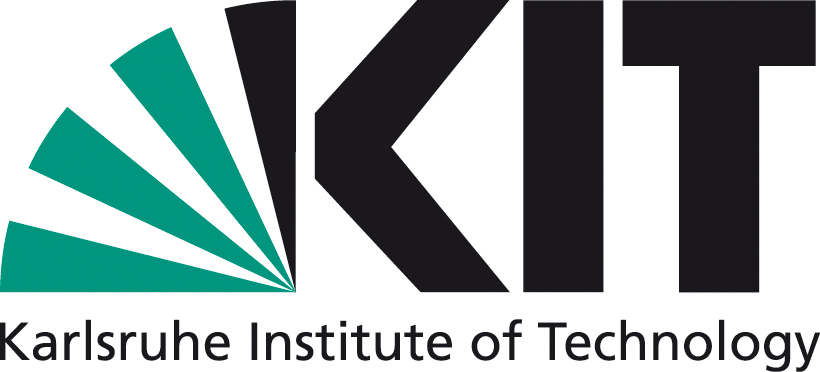Karlsruhe Institute of Technology (KIT)

KIT is “The Research University in the Helmholtz Association.” As one of the biggest science institutions in Europe, the only German University of Excellence with national large-scale research facilities combines a long university tradition with program-oriented top-level research. The university world, whose roots date back to 1825, stands for the broad range of disciplines and knowledge, whereas the Helmholtz world traditionally focuses on the big and urgent challenges facing society, science, and industry. We seek to contribute to the success of big projects of our society by providing excellent academic education, conducting top-level research, and producing innovations. These big projects cover future energy supply, sustainable mobility, and smart and secure technology for the information era.
At KIT, more than 5,500 scientists cooperate in a broad range of disciplines in natural and engineering sciences, economics, the humanities, and social sciences. Irrespective of whether they predominantly perform research or university tasks, they all participate in academic education to provide our students with insights that can only be offered by KIT as the Research University in the Helmholtz Association. In the end, developments made by our researchers are to benefit the society in the form of products, processes, or methods. We at KIT do not only create and convey knowledge for the society and the environment, we also use it to develop industrial applications. Permanent contact and exchange with society, for example via real-world laboratories, are of high priority to us.
The KIT offers more than 107 modern degree programs in: Engineering and Economics, Natural Science and Informatics, Mathematics and Humanities. The more than 20,000 students benefit from practice-orientated teaching, have the opportunity to participate in interdisciplinary projects and can take part in a wide range of courses.
KIT has many years of experience in co-operation with Brazil with numerous collaborations between scientists in research and teaching on an individual basis. KIT scientists work in various fields with different partners at Brazilian universities and research organizations. Activities in research and teaching also result from research stays by Brazilian PhD at institutes of KIT. These contacts often result in third-party funded co-operation projects on a wide range of topics.

